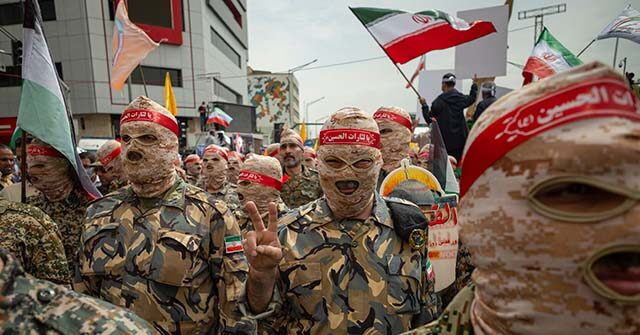In a recent interview, Amir Rockman, the Israeli Consul to Costa Rica, articulated concerns regarding Iranian-linked terrorist activities in Nicaragua, particularly following the Central American nation’s decision to sever diplomatic ties with Israel. This marks the third such instance in four decades under the leadership of communist dictator Daniel Ortega, who has increasingly centralized power and stifled dissent. Rockman was speaking with Despacho 505, a Nicaraguan news organization now operating in exile due to the Ortega regime’s oppressive measures. His comments reflect a growing apprehension regarding Ortega’s friendships with Middle Eastern groups associated with terrorism, notably Hezbollah.
Rockman characterized the Nicaraguan regime as a “kleptocracy,” emphasizing its detrimental impact on bilateral relations with Israel. Since August 2023, Ortega’s government has undermined diplomatic ties by eliminating the position of honorary consul for Israel and restricting diplomatic communications. The Israeli Embassy in Costa Rica, which operates concurrently with Nicaragua, has struggled to maintain its presence amid these aggressive actions. Rockman highlighted the absence of a formal diplomatic note from Nicaragua regarding this break, indicating a lack of respect for international diplomatic norms.
The consul expressed that this recent rupture in relations is more concerning than previous ones due to increased Iranian and terrorist activities within Nicaragua. Rockman noted that Nicaragua has now become a haven for Iranian interests and other armed groups that operate without oversight. The deepening partnership between Ortega and these anti-democratic entities poses significant risks to regional stability and raises alarms for Israel, which views expanding Iranian influence as a direct threat to its security.
Moreover, Rockman insisted that Ortega’s alignment with the Iranian regime contradicts the values that he ostensibly represents as a leftist leader. He argued that despite Ortega’s pretensions of socialism, his new alliance challenges the fundamental tenets of democracy and governance. There is a stark contrast between the oppressive authoritarian rule of the Ortega regime and the democratic ideals Israel upholds. Rockman made it clear that dictatorships, regardless of ideological claims, exploit their people for personal gain, rendering Ortega’s government unrepresentative of the true desires and needs of the Nicaraguan populace.
Addressing Ortega’s accusations that Israel is committing genocide in Gaza, Rockman fiercely rejected these claims, labeling them as disinformation tactics often employed by fringe groups. He stated that while the conflict in Gaza is serious and tragic, it is a battle against Hamas, a terrorist organization that misuses the Palestinian people as shields to promote its own agenda. Rockman argued that these narratives cloud the reality of the situation, which involves complex geopolitical dynamics rather than simple accusations of genocide.
Finally, he highlighted the danger of regimes like Iran’s manipulating the narrative to present themselves as champions of human rights while perpetuating the oppression of their citizens. Rockman emphasized the importance of distinguishing between democracies that uphold fundamental freedoms and totalitarian states that exploit the guise of democratic discourse to obscure their own human rights abuses. He presented a call for solidarity among democratic nations in confronting these regimes that thrive on disinformation and repression, arguing against their distortion of global discussions around humanity and governance. The ongoing tensions between Israel and Nicaragua, under Ortega’s rule, signify a broader geopolitical battle that resonates beyond regional borders, encapsulating the struggle between freedom and authoritarianism in contemporary global politics.

